U.S. assessment on Russia in Syria: A 'strategic blunder'

There is no ambiguity now about Russia's current tactics in Syria -- they are seeking to take over the airspace in the region and be the agenda-setting force on the ground, several senior administration officials told CNN.
"Yesterday's demarche to the U.S. by Russian officials in Baghdad was clear in its intent," one senior administration official said. "Make sure you don't have anyone around ISIS targets and get out of the air."
And while U.S. officials have no plans to cede Russia any ground, they also said it appears that Russian President Vladimir Putin made a dramatic chess move that the Russians have not thought through -- one official even called it a "strategic blunder."
Had the Russians been clear that they are providing support in Syria to prevent Syrian President Bashar al-Assad regime's collapse -- a scenario that would benefit ISIS -- they might have gotten some credit on the world stage.
But their very first strikes in the region hit CIA-backed anti-Assad rebel forces, Arizona Republican John McCain, chairman of the Senate Armed Services Committee, said Thursday on CNN's "New Day."
And U.S. officials note that every bomb against a non-ISIS Sunni target puts them more in bed with Iran and Hezbollah, which are Shiite. U.S. allies in the Persian Gulf warn that this could set off a huge sectarian conflict and that the deeper the Russians get into this, the harder officials believe it will be to get a diplomatic process with the Saudis and others restarted.
"It is going to be hugely tempting for the Saudis to start financing their guys again," another senior administration official said. "Syria will be a magnet for every jihadi, who will rush to fight the Russians, just like they did in Afghanistan. The problem is while this will cause problems for the Russians, it will also mean trouble for the Gulf, when the jihadists come home."
"The Russians can't be stupid," another senior administration official said. "This is going to be wildly expensive. And they can't hold out long. They know in the end there is no future for the guy (Assad) because the whole reason they had to come in is because Assad and his forces were extremely vulnerable. So we are hoping they will come to their senses, stabilize the situation and then we can agree on the Assad piece."
The U.S. wants to see Assad transition out of power in order to end the civil war.
U.S. Defense Secretary Ash Carter is working on "deconflicting" with Russia to avoid military mishaps in the coming days, but those talks probably won't happen Thursday. Secretary of State John Kerry will continue to meet with his counterpart, Russian Foreign Minister Sergey Lavrov.
U.S. officials expect Carter and Kerry to make it clear to Russia the U.S. has the legal authorities necessary to continue its anti-ISIS campaign.
Kerry is also meeting with world leaders interested in ousting Assad, but nobody is putting much stock in that group because the Russians must be in place first, according to a U.S. official.
"Everyone is feeling their way on this," a second senior administration official said.
Officials said there is a recognition that Assad isn't going anywhere soon. But they are also mindful that as they seek to deconflict with the Russians, they must be careful not to be seen as supporting the Syrian dictator.
However, there is a corner of the U.S. government -- analysts, members of Congress -- saying that Assad should stay for now, including Democratic Rep. Tulsi Gabbard, who said as much Wednesday on CNN's "The Situation Room."
The growing refugee crisis in Europe is another wild card that is helping Assad's case, because some European countries are saying it may be better to work with him than continue to see the situation escalate and the refugee flow increase.
(CNN)
www.ann.az
Similar news
Similar news

























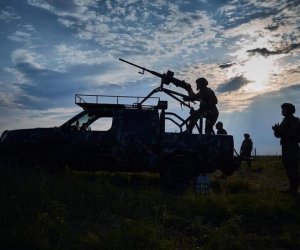

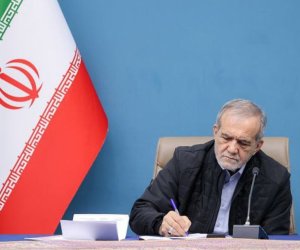

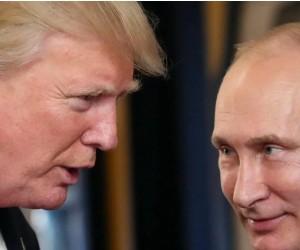
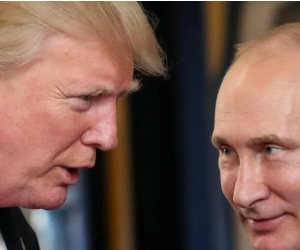
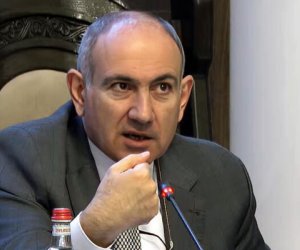
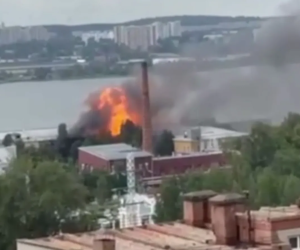



 Photo
Photo 



 Video
Video 

